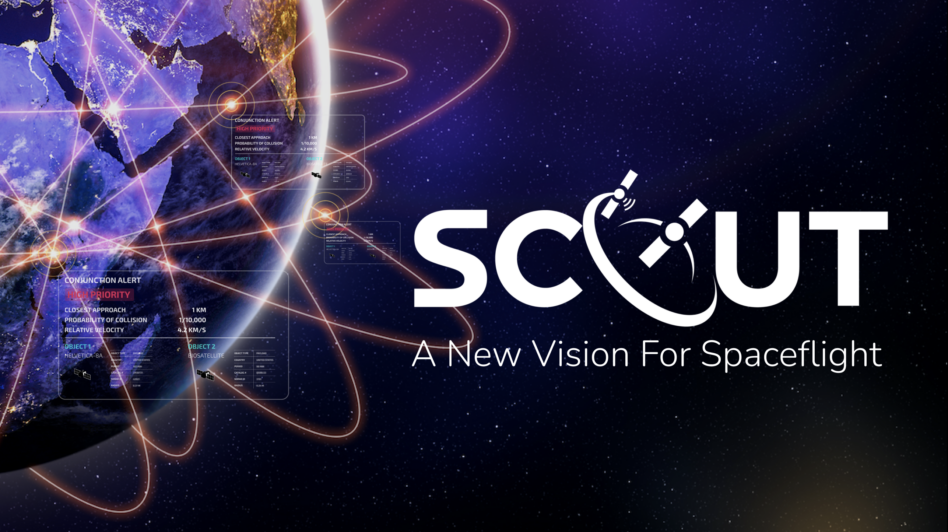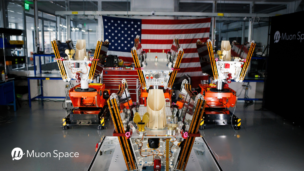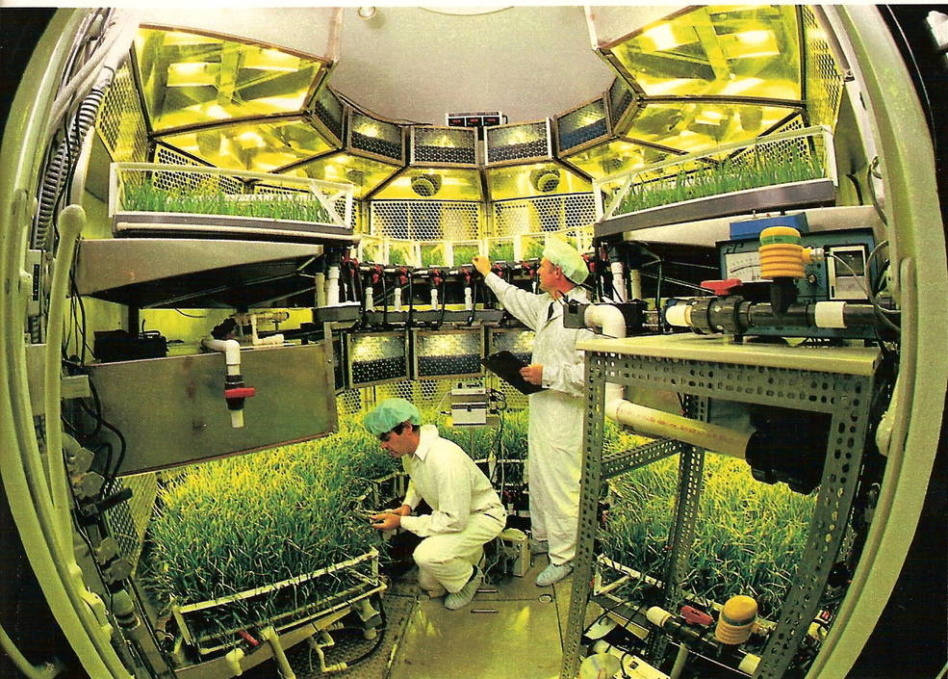This morning, SCOUT Inc. announced an autonomy suite for spacecraft operators to better understand what’s going on way above our heads. Alexandria, VA-based Scout’s tech stack for satellites and spacecraft spans data fusion software, proximity operation algorithms, pose estimation, docking assistance, star-tracking, and attitude determination.
Put all of the above together and you get Scout Vision, a bundle of sensors and machine learning that Scout swears will improve space domain awareness by orders of magnitude. While it had initially intended on packaging everything together, Scout decided to unbundle vision features and functions for customers.
How does Scout Vision improve on the status quo? “A lot of what is done today with spacecraft is done manually,” Scout CEO Eric Ingram told Payload. Operations are performed with humans in the loop. Many satellites may have eyes on Earth, but they don’t have sensing equipment facing around them on-orbit.
Solution: Outward-facing eyes and a sensing/processing package that doesn’t take up too much power, or always need to downlink.None of this is to say we’re taking humans out of the loop—quite the contrary. The goal is to make satellite operators more productive and efficient.
- “The more complex [a situation] is, the less you want to delay looping human operators in,” Ingram said. Make satellites as autonomous as possible, but have someone ready to step in if needed.
- Space’s next era, per Ingram, features substantially more spacecraft and debris, constraints on our (human) bandwidth to monitor everything, and way more complexity.
Is there a market for this? Based on commercial space sales convos, “the initial traction has been with the satellite-servicing sector and companies operating adjacent to that,” Ingram said. And “it’s mostly defense interests” on the government side. Scout has received a small business (SBIR) grant from the US Air Force.
What Scout has set out to do isn’t necessarily novel. But the startup’s speed is notable. Last June, Scout launched its first payload on Orbit Fab’s Tenzing-001 tanker. In December, Scout announced that it would provide Momentus with “vision capabilities” on upcoming missions.





